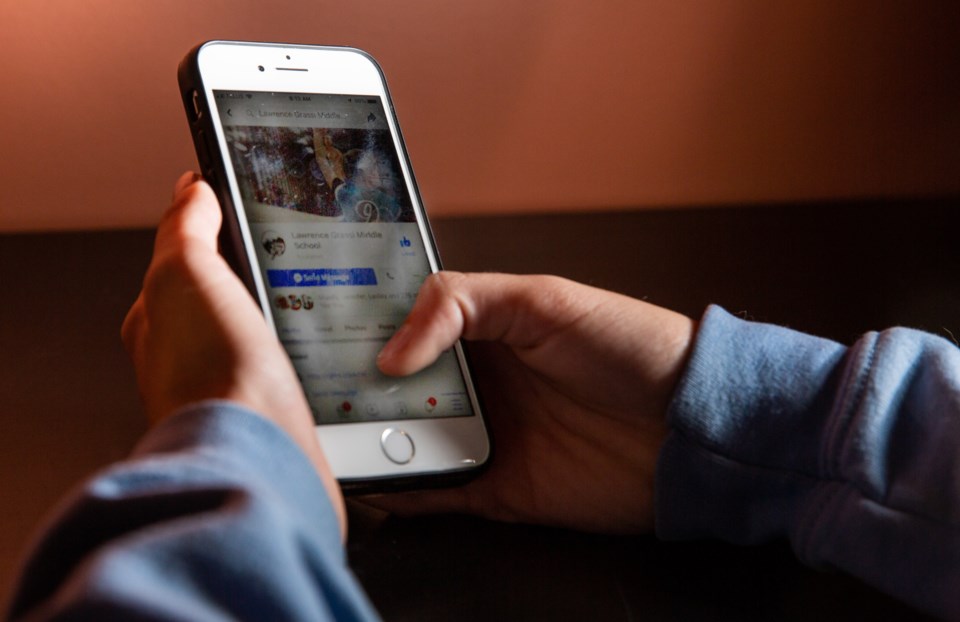In 2017, psychologist Jean Twenge coined the term iGens for the GEN Z people that reached adolescence after Smartphones became widespread. These are people born between 1995 and 2012. The iGens are described as less rebellious, more tolerant, less happy, and far from prepared for adulthood. Their use and knowledge of technology sets them apart from Millennials. On average, they spend six to nine hours a day on screens.
Studies show that the Smartphone is the most often used device to go online. Online platforms are aplenty. iGens’ top five online platforms are: You Tube, Tik Tok, Instagram, Facebook, and SnapChat. Their weeknight usage spent mostly on this technology is during an hour before bedtime, schoolwork time, and in their rooms after they have gone to bed.
As of 2022, 87% of Canadian children between the ages of 12 and 17 have Smartphones.
So, what do all these statistics mean, what picture do they paint of these teens?
To begin with, they are substituting digital media for real-life encounters. They develop negative social comparisons (which, in my mind, contradicts the statement they are more tolerant). They have difficulty regulating emotion. They are sleep deprived.
There are other, deeper impacts related to social media usage and texting. Namely, iGens experience higher levels of anxiety, depression, and loneliness.
This is the red flag. The warning. At this point, parents need to be aware, and to get involved. Surveys have shown that parents mostly want their children to have Smartphones so that they can keep in touch, and be able to text them. Parents already warn their children to stay away from certain websites, not to talk to people they do not know, and never post personal information.
Here are some other suggestions for parents:
- Remove the device.
- Be good role models for healthy tech use and habits.
- Have your children use orange safety glasses to filter out screen blue light that promotes insomnia.
- Use a digital monitoring device.
- Establish a time frame for a ‘break’ from screen time.
Social deprivation is thought to be the biggest harm to the iGens. What was considered ‘play time’ is almost a thing of the past. Normal development is hindered. There is a link between too much screen time, too much digital media, to a decline of academic progress. In this time of AI, machines taking jobs from humans, social media slander, threats and intolerance, it is never more important to pay attention to how much devotion our teens have for digital technology.
Sarnia-Lambton Rebound is a good resource for teens and parents to find help with these issues.
We need to embrace and nurture our humanity. Our children’s future depends on it.
